Can You Do Dermaplaning While Pregnant?
Pregnancy changes everything, including your skin. Hormonal shifts may result in acne, dry skin, increased oil production, more peach fuzz, and an uneven skin texture. In these situations, women seek solutions that help them retain their previous appearance without endangering the baby's health.
The good news for future moms is that dermaplaning is generally safe during pregnancy, and many pregnant women safely enjoy this treatment as part of their self-care routine. In this article, we will explain the procedure and the benefits you can expect.
What Is Dermaplaning?
Dermaplaning is a manual exfoliation technique where a trained professional uses a sterile blade to gently scrape and lift away the dead skin layer, dead skin cells, and fine vellus hair (peach fuzz) from the skin’s surface.
Because the treatment removes dead skin and refreshes the outermost layer, you instantly see a more radiant complexion without harsh chemicals or irritation. This makes dermaplaning one of the safest exfoliation treatment options for expecting mothers who want smoother, brighter, healthier skin during this period.
So, not only can you do dermaplaning while pregnant, but you can also expect excellent results.
Why Many Women Want Dermaplaning During Pregnancy?
Pregnancy changes your skin in ways you don’t expect. Hormonal shifts can occur suddenly, especially during the first and third trimesters. Because of these changes, many women look for treatments that keep their skin healthy without exposing them to harsh chemicals, unsafe skincare ingredients, or off-limits exfoliants.
Pregnancy hormones can dramatically alter the skin’s surface. These changes often create new skin concerns that can lead to additional frustration, especially since you can't use traditional acne products or chemical peels. Future mothers commonly notice:
Pregnancy Acne and Clogged Pores
Large quantities of skin oil mix with dead skin cells, which can clog pores and trigger breakouts. Since you can't use substances such as salicylic acid, many pregnant women look for treatments that clear the outermost layer without risky ingredients.
Extra Sensitive Skin
Even if you have never had sensitive skin before, pregnancy hormones can make your face reactive to skincare products and treatments. This makes manual exfoliation a safer choice compared to chemical exfoliants.
Dry Skin or Flaky Patches
Some women experience sudden dryness and a dull complexion. When dead skin builds up, it prevents pregnancy-safe moisturizers from absorbing properly.
Extra Peach Fuzz
Pregnancy may increase the amount of peach fuzz on the face. While totally normal, many pregnant women feel self-conscious about it, especially when makeup sits unevenly on the surface.
Dull, Uneven Pregnancy Skin
Fluctuating hormones can make your natural glow disappear. A buildup of dead skin layers reduces radiance and makes the skin appear rough and tired.
5 Benefits of Dermaplaning for Expectant Mothers
Dermaplaning has become popular because it solves multiple pregnancy-related skin concerns safely and effectively. Here are some of the main reasons expectant women prefer this treatment compared to other aesthetic procedures:
1. Safe, Chemical-Free Exfoliation
Future mothers often need pregnancy-safe alternatives to their usual exfoliating skincare treatments, especially those that rely on acids or strong acne products. Many traditional exfoliants may be off-limits during pregnancy because they can irritate extra-sensitive skin or introduce potentially hazardous ingredients.
Dermaplaning offers a chemical-free approach. A trained professional uses a sterile blade to perform gentle manual exfoliation, removing dead skin and refreshing the outermost layer without harsh products. This makes dermaplaning a generally safe choice for moms who want smoother, brighter skin without risking irritation or unsafe absorption.
2. Helps With Pregnancy Acne and Clogged Pores
Pregnancy hormones can trigger pregnancy acne, increased oil production, and clogged pores, especially in the first trimester. Since many acne-fighting products are unsafe for expectant mothers, they often need better ways to manage breakouts.
Dermaplaning doesn’t treat acne directly, but it significantly helps by removing dead skin cells and surface debris that contribute to congestion. By clearing the dead skin layer, dermaplaning makes it easier for cosmetic products to work and reduces the chance of buildup that can clog pores.
For many women, this is one of the simplest and safest ways to keep acne under control throughout pregnancy.
3. Instantly Smoother Texture
Hormonal shifts can create unpredictable changes in pregnancy skin, leading to:
- Rough patches
- Dry skin or flakiness
- Textural buildup
- Extra peach fuzz
- A dull or uneven finish
Dermaplaning gently scrapes away this buildup and lifts peach fuzz from the skin’s surface. The result is instantly smoother skin texture, visibly brighter tone, and a more even, radiant complexion, all without using harsh chemicals or abrasive tools.
Many pregnant women love that dermaplaning creates a glowing complexion immediately, especially when other exfoliating treatments are not allowed during pregnancy.
4. Boosts Absorption of Skincare Products
Once dermaplaning removes the dead skin layer, your tissue can better absorb skincare products. With the outermost barrier cleared, ingredients can penetrate deep into your skin.
After dermaplaning, you'll be able to use the following substances:
- Hyaluronic acid (hydration)
- Zinc oxide (pregnancy-safe sunscreen protection)
- Titanium dioxide (mineral SPF)
- Tranexamic acid
- Pregnancy-safe moisturizers and creams
- Medical-grade skincare formulated without harsh chemicals
By clearing blockages, dermaplaning increases the effectiveness of cosmetic products. This makes it easier for expecting mothers to maintain a routine that keeps their skin hydrated, nourished, and bright.
5. Works Well With Other Facial Treatments
The great thing about dermaplaning is that you can combine it with other aesthetic procedures. Many treatments require a fresh, clean canvas to work effectively, and dermaplaning delivers exactly that.
Dermaplaning complements:
- Gentle cleansing facials
- LED light therapy or light therapy for inflammation and healing
- Medical-grade skincare designed for pregnancy
- Hydrating facial treatments
- Mild enzyme facials
- Mineral-based sunscreens and moisturizers
Because dermaplaning avoids harsh chemicals and focuses on manual exfoliation, it enhances and supports other treatments. As a result, expectant mothers can maintain healthy, glowing skin throughout their pregnancy journey.
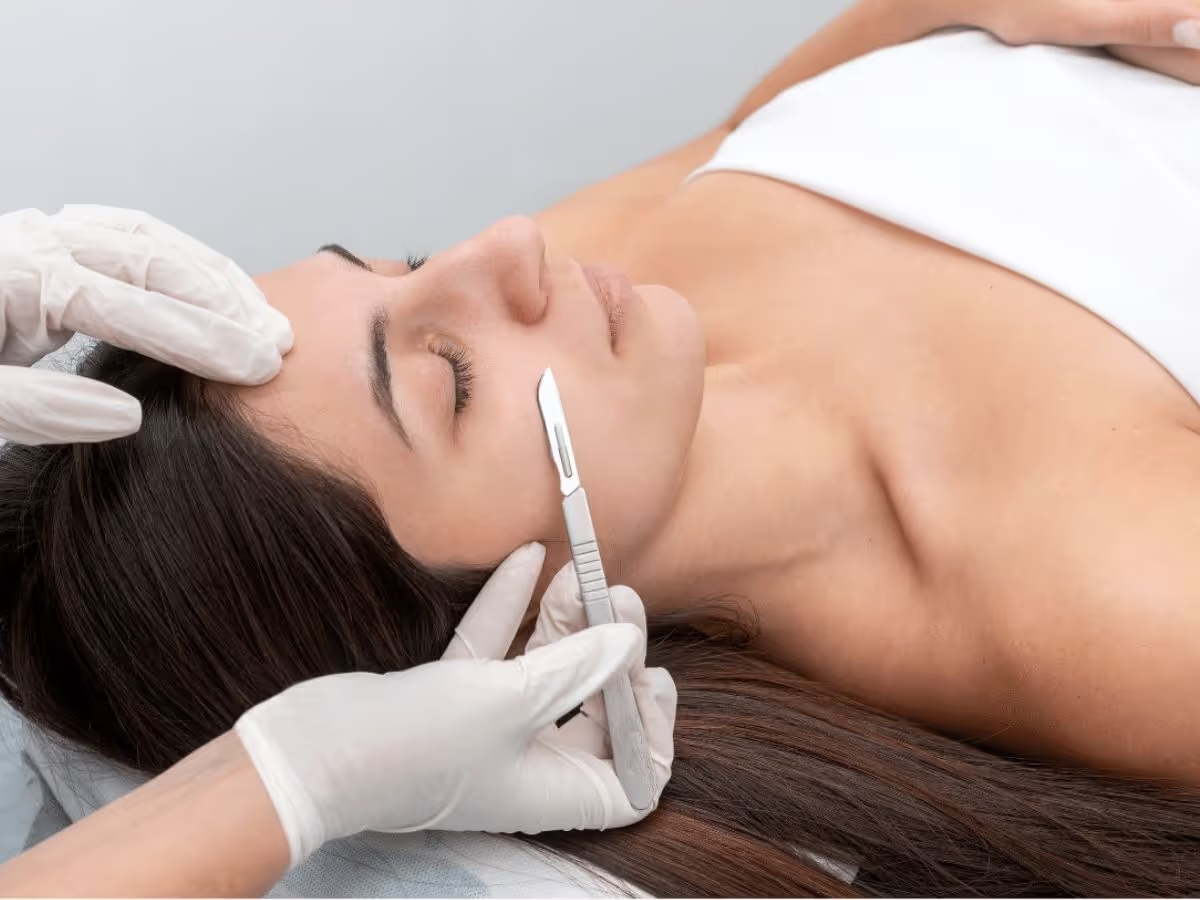
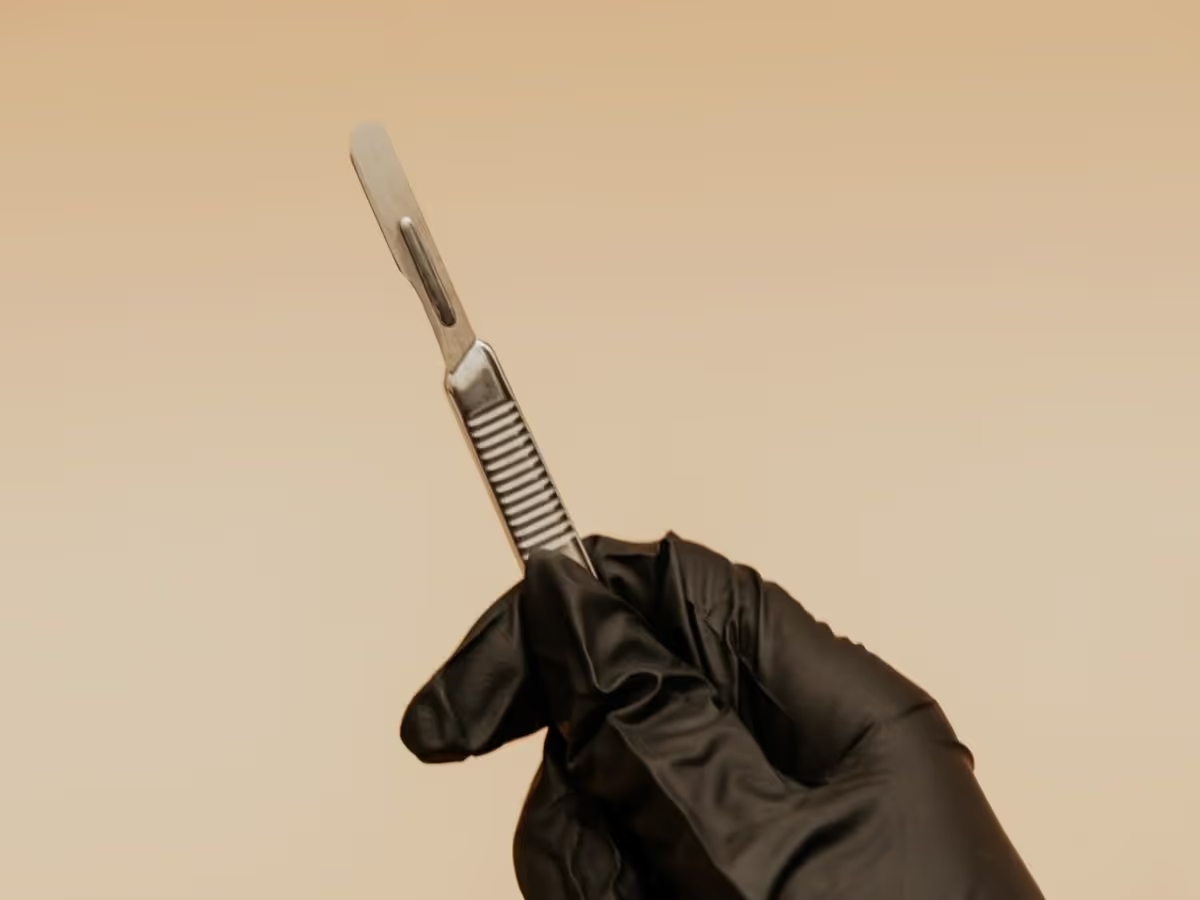
How to Prepare for Dermaplaning While Pregnant?
Going through a few preparations will maximize the effects of dermaplaning. These steps keep the skin healthy and ensure the treatment provides great results regardless of the trimester.
Stop Using Harsh Products
Before an appointment, avoid anything that may irritate your skin. Avoid retinoids, strong exfoliants, and acne products that contain salicylic acid, high-strength glycolic acid, or other harsh chemicals. These ingredients can increase sensitivity, disrupt the skin’s surface, or cause irritation when combined with manual exfoliation.
Switching temporarily to chemical-free routines helps protect the skin's outermost layer and prevent unnecessary redness during treatment.
Keep Your Routine Simple
Your skin often becomes more reactive during pregnancy, so stick to a gentle routine for a few days beforehand. Use pregnancy-safe moisturizers, gentle cleansing, and products designed for sensitive or hormonal skin.
Hydrated skin responds better to dermaplaning, reducing the risk of flaking or irritation after the sterile blade removes dead skin cells. Keeping the routine simple also helps avoid clogged pores or worsening dryness.
Choose a Trained Professional
Always choose a provider who has experience working with pregnant women. A trained professional understands how increased skin sensitivity and hormonal changes may affect the skin.
These experts know how to adjust technique, pressure, and angle to gently scrape away the dead skin layer without over-exfoliating or irritating pregnancy skin. This ensures a safer, more comfortable experience for moms-to-be.
Communicate Your Trimester
Tell your provider whether you’re in the first trimester, second trimester, or third trimester, because each stage brings different skin concerns:
- First Trimester: Hormonal shifts may cause breakouts, oiliness, or sensitivity.
- Second Trimester: Skin often stabilizes but may still show dryness or dullness.
- Third Trimester: Many women see increased oil production or dryness, depending on their skin type.
Sharing this information helps your provider tailor the treatment, avoid sensitive areas, and ensure dermaplaning remains safe during pregnancy.
Dermaplaning at Shookra
With Shookra in your corner, you can enjoy a brighter, smoother complexion throughout the entire pregnancy. Our specialists use modern tools to gently remove dead skin cells, peach fuzz, and buildup from the skin’s surface without harsh chemicals or irritating ingredients.
Our modern clinic ensures full comfort for all visitors, helping you achieve a healthy glow while keeping your routine simple and safe. With expert guidance, we ensure your skin stays soft, refreshed, and radiant throughout every trimester.
Experience smoother, brighter pregnancy skin.
Book your dermaplaning appointment now.
Other recommended posts
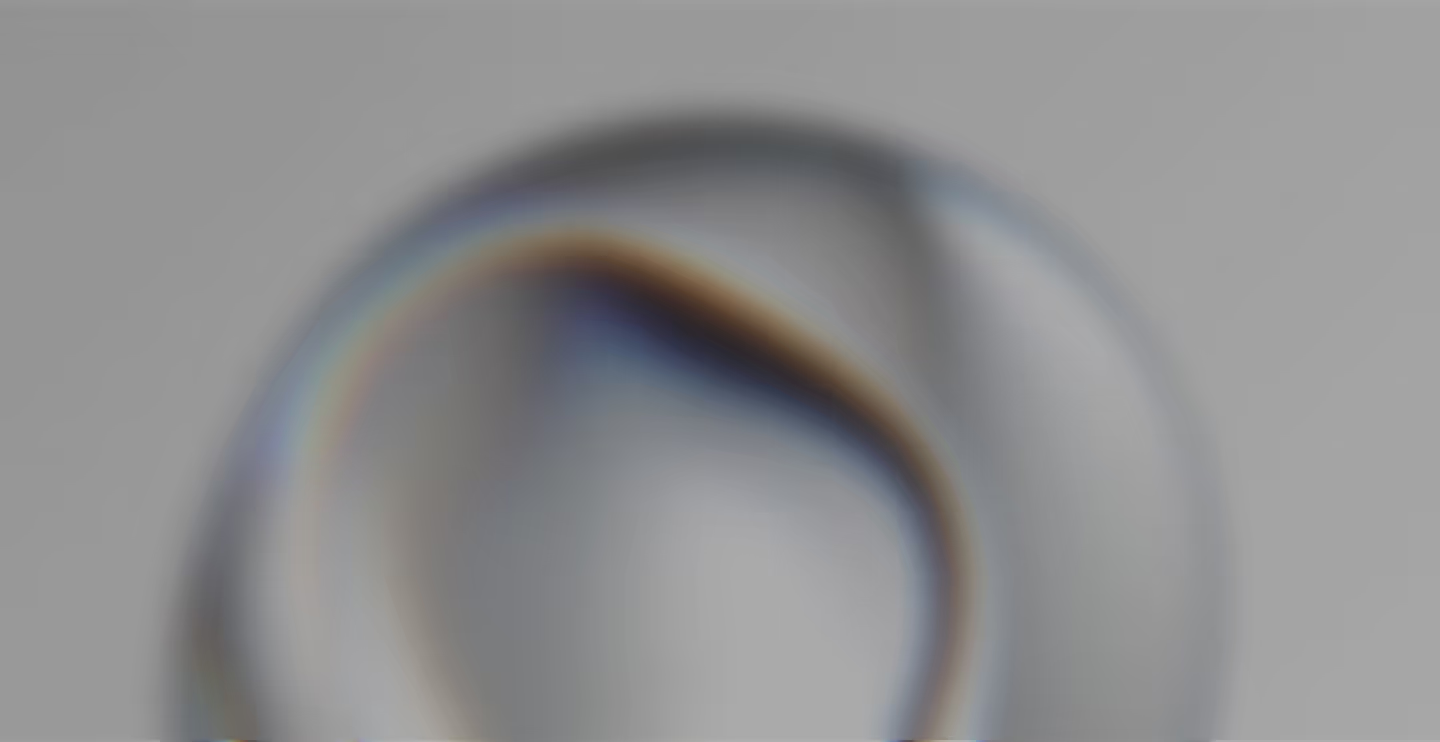
Reverse, Renew, Radiate.
Timeless transformation starts today.

.avif)



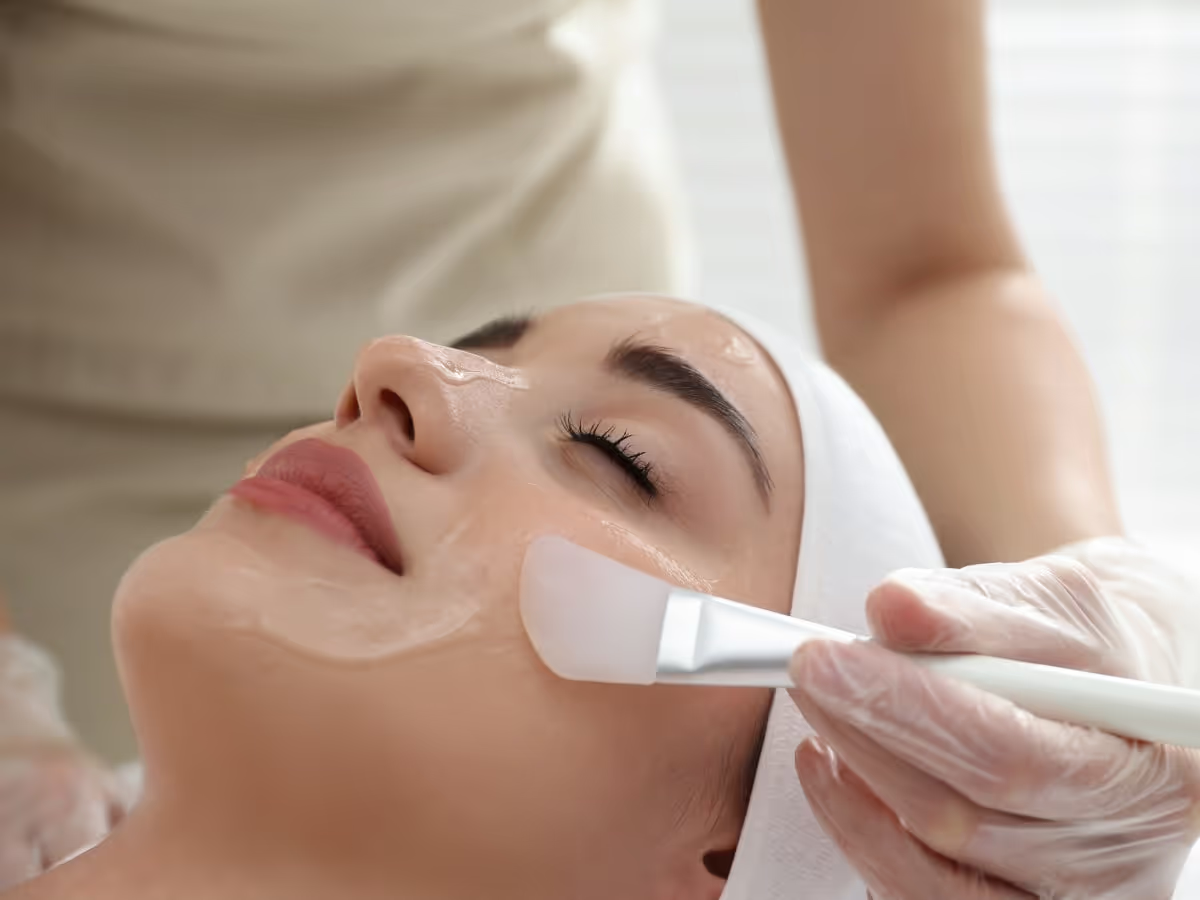
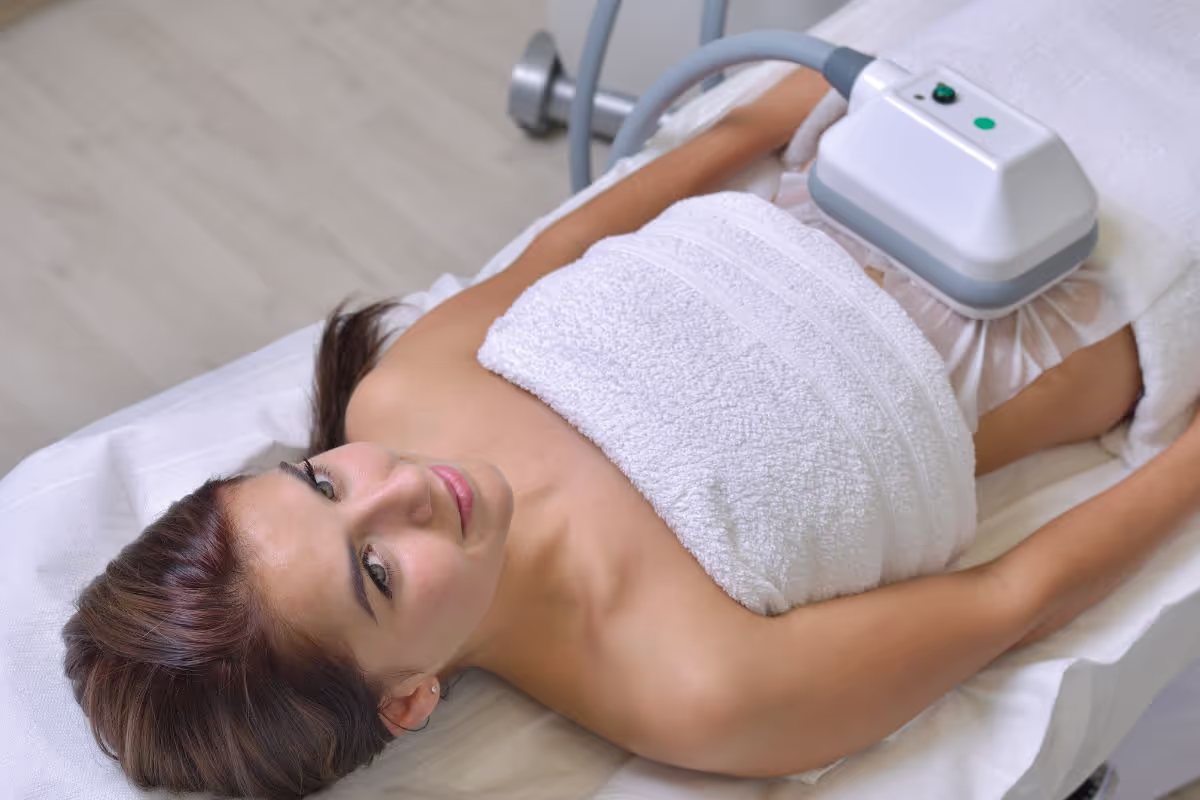
.avif)
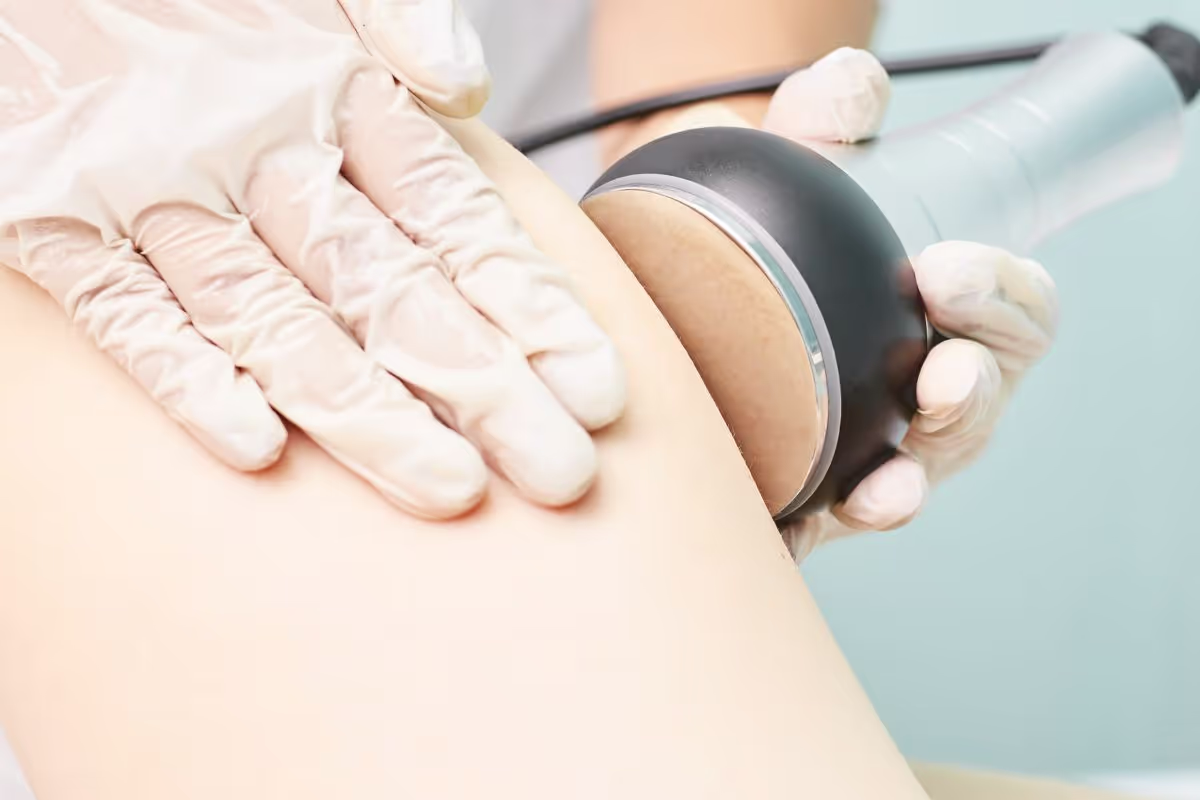

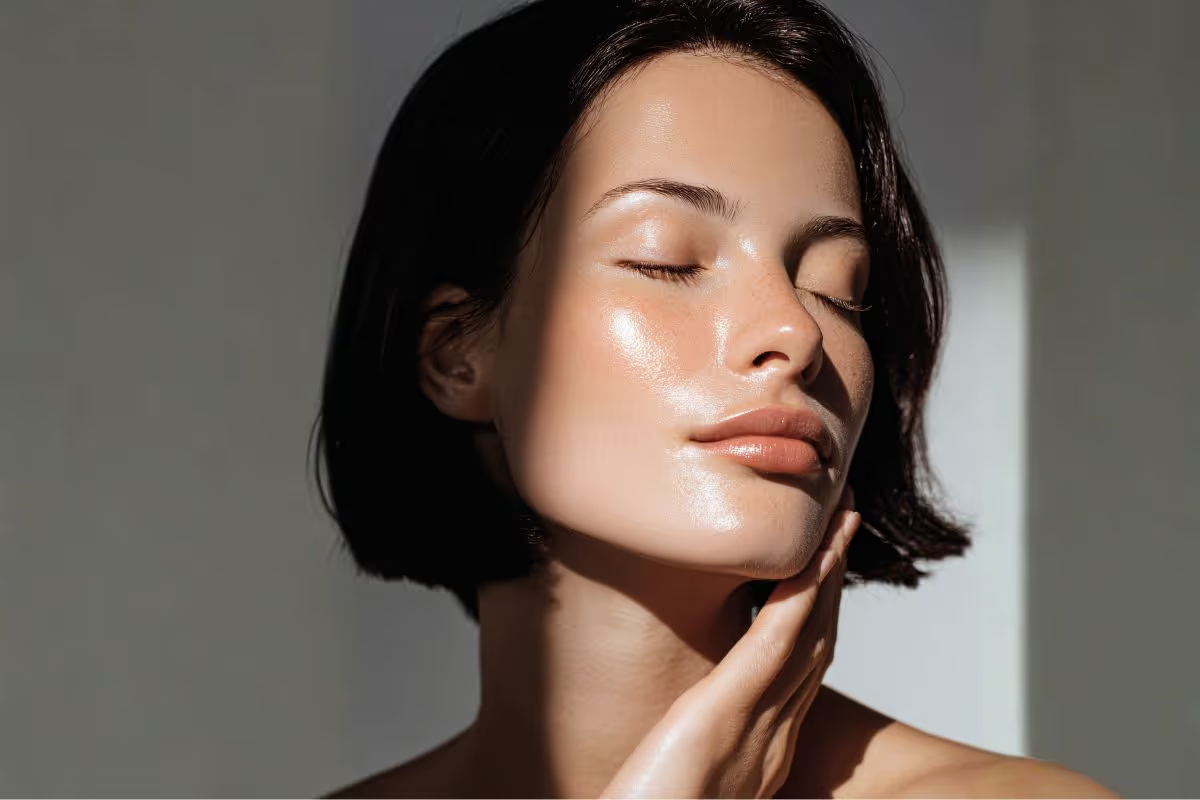
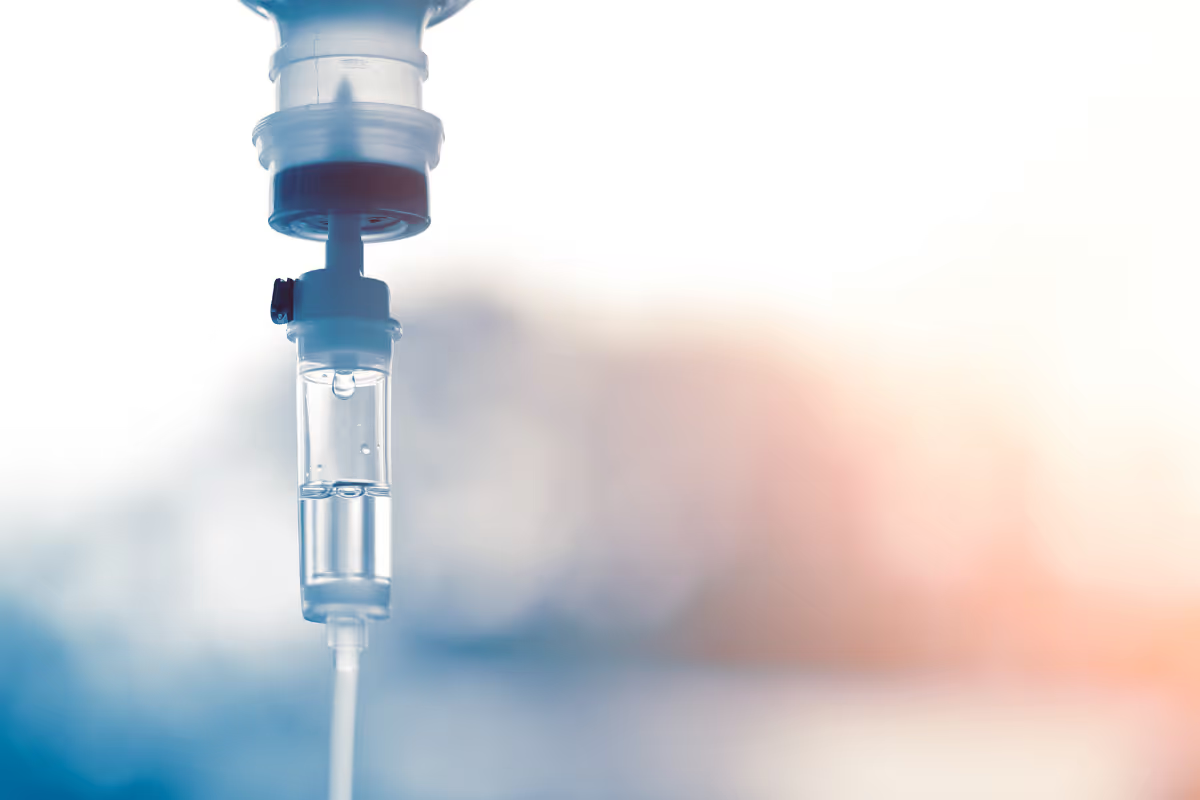
.avif)
.avif)
.avif)
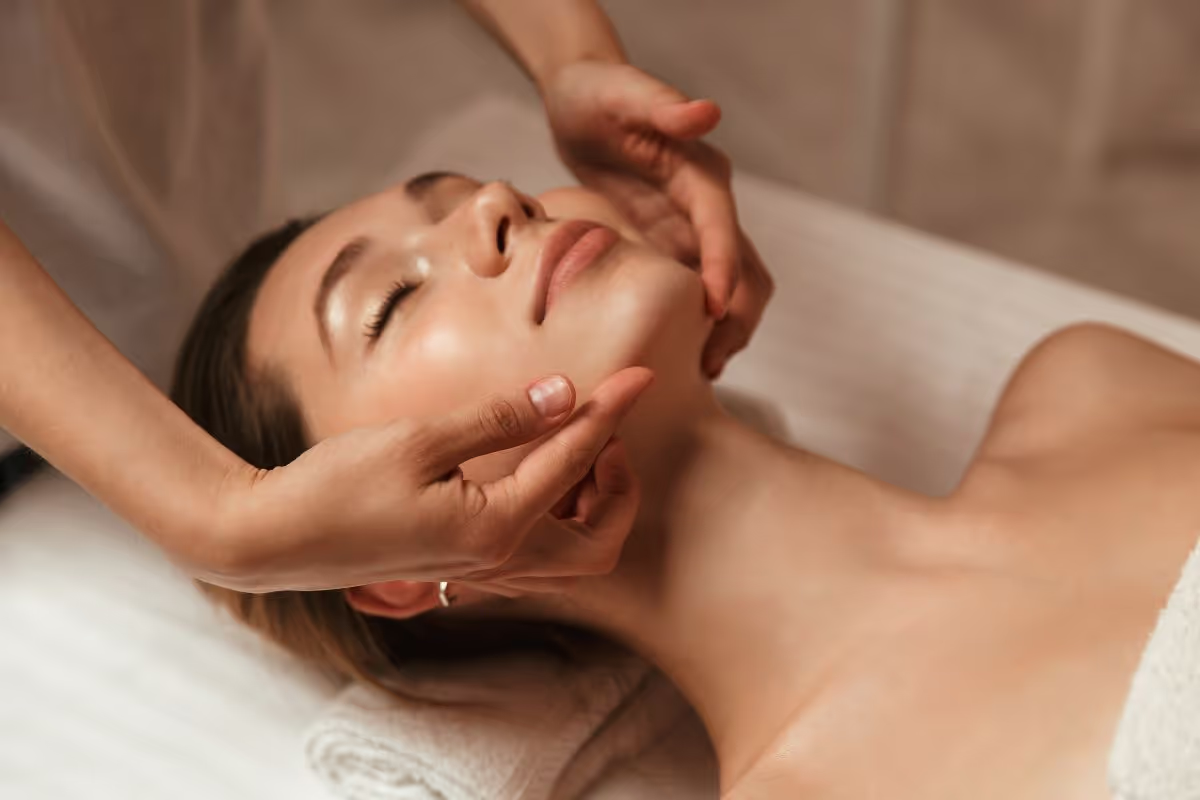
.png)
.svg)
